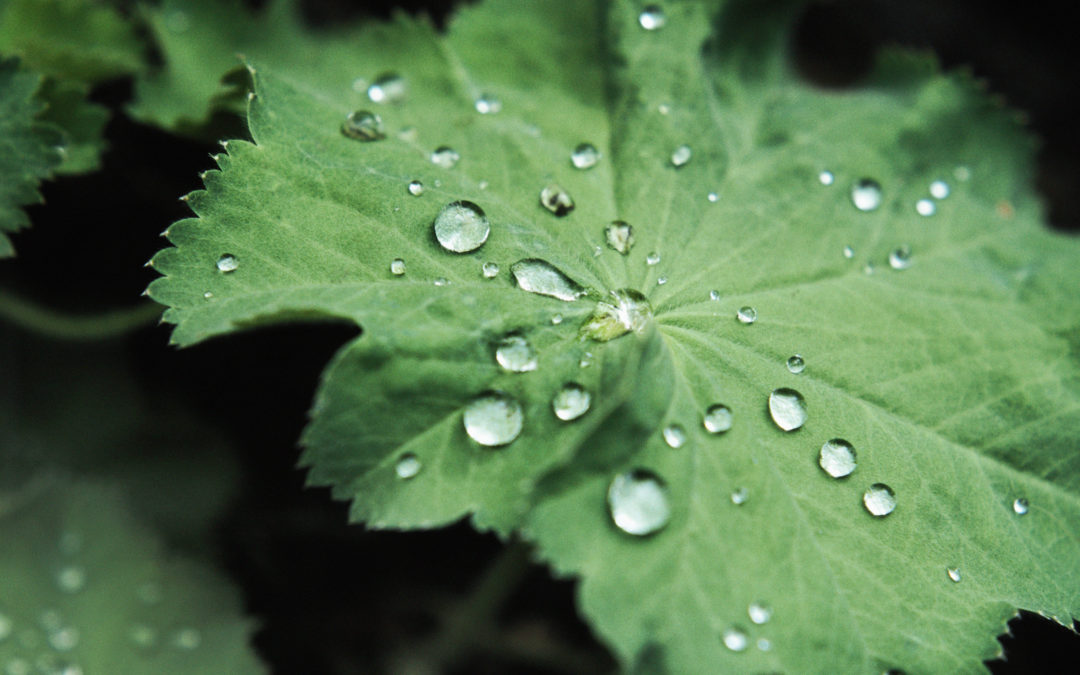
May 7, 2019 | Video, Watering
Local temperatures could soar to record levels later this week. Seattle may be warmer than Phoenix, an unusual occurrence. Friday’s highs are forecast to be in the mid-80s F in Seattle and lower 80s F in Phoenix. It is time to water your landscape. Your lawn and...
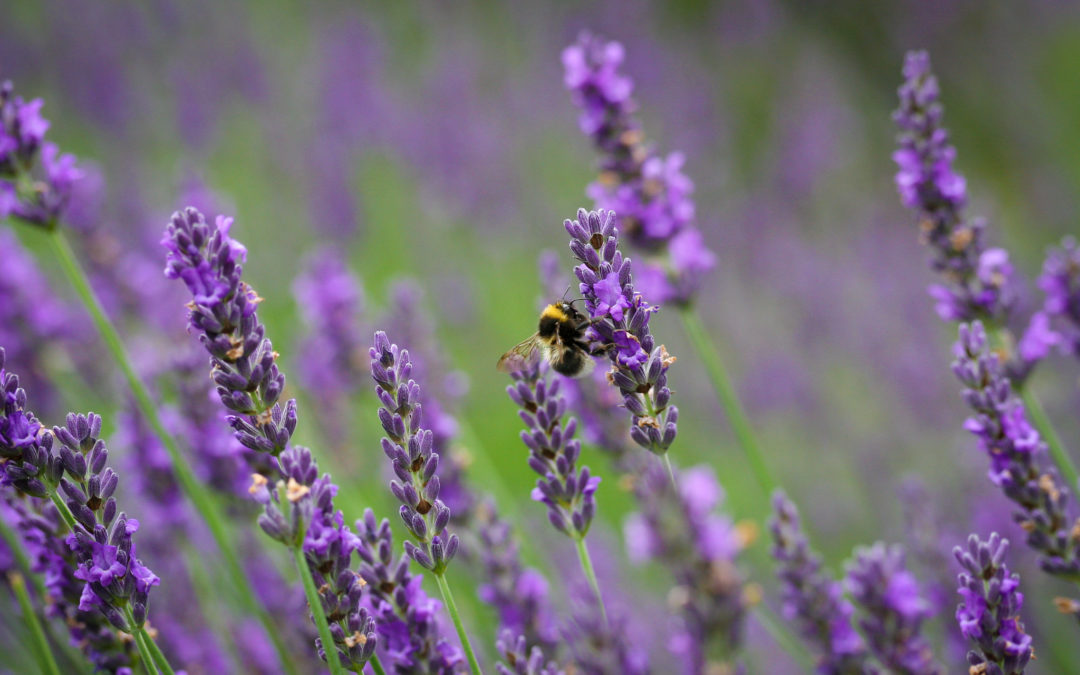
May 3, 2019 | Recommended Plants, Video, Watering
In April and May, nurseries and plant sales are bursting with plants. From shrubs and trees to annuals and perennials, there are many gorgeous choices. As our summers get hotter and drier, it is worth seeking out plants that will thrive, once established, with little...
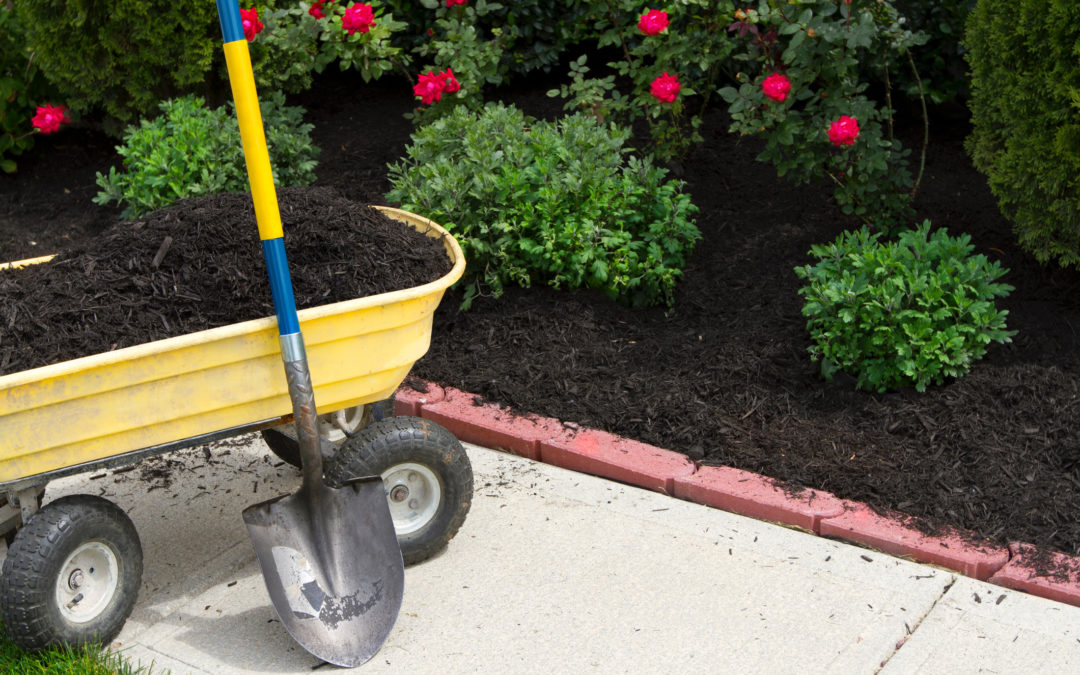
Apr 26, 2019 | Garden Care, Video, Watering
A thick layer of mulch is an effective way to reduce your plants’ water needs. A few inches of mulch insulates the soil and helps to keep it from drying out. As our summers get hotter and drier, mulch is increasingly important to help keep your plants and trees from...
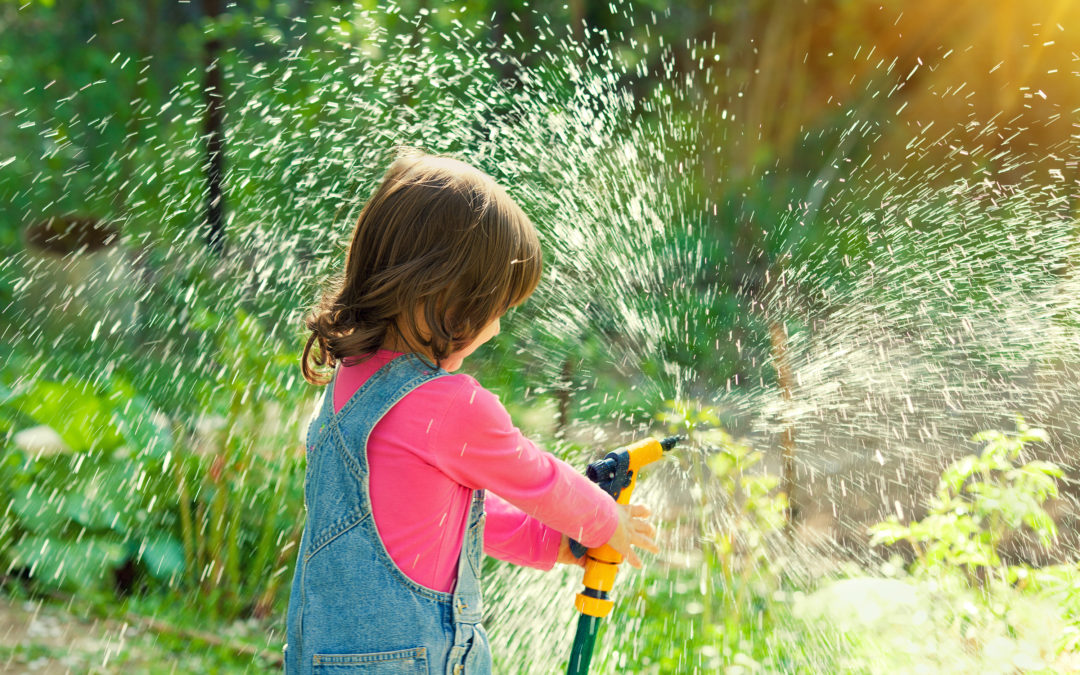
Apr 19, 2019 | Garden Care, Lawn Care, Video, Watering
Spring is a good time to think about how much water your plants will need this growing season and how you will provide it. Our watering resources will help you water properly to keep your plants healthy. Last year we had very little rain in May and June. Some plants...
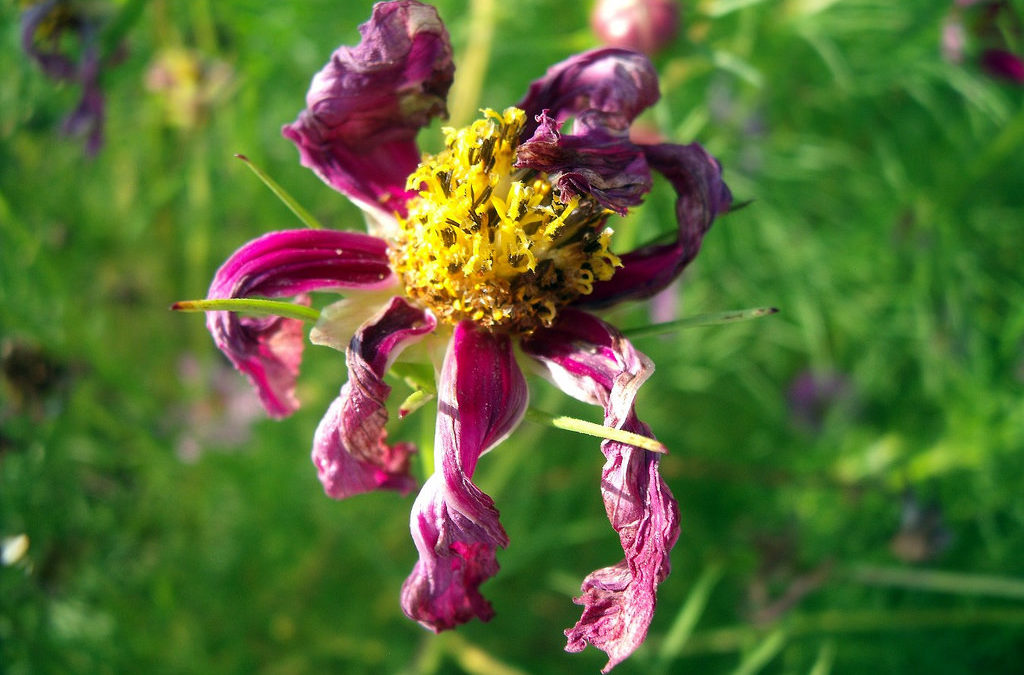
Jul 20, 2018 | Video, Watering
Hot weather is predicted over the next week. Don’t forget to water! Over the past few summers we have seen an increasing amount of drought stress in our clients’ landscapes. We are sad to see plants suffer from lack of water. As our summers get hotter and...
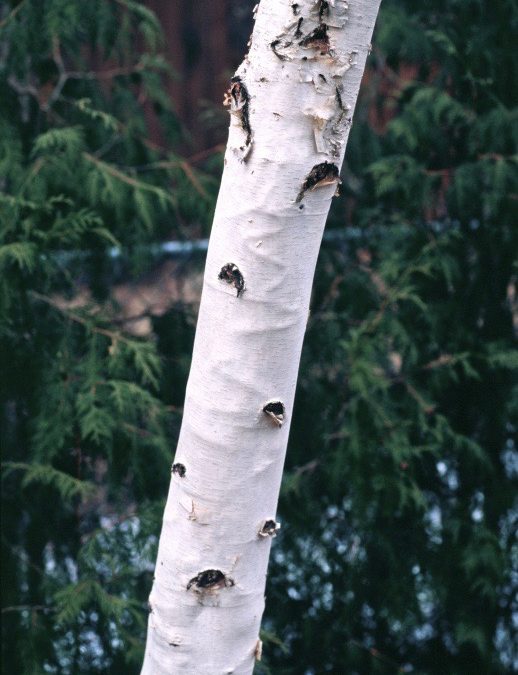
Jun 27, 2018 | Pest Control, Watering
If you have plants with insect problems, the worst action you can take is not watering the plants. Many insects only target weak plants. When a plant goes into any kind of stress, it has a different color. This sends a different vibration that is picked up by insects....
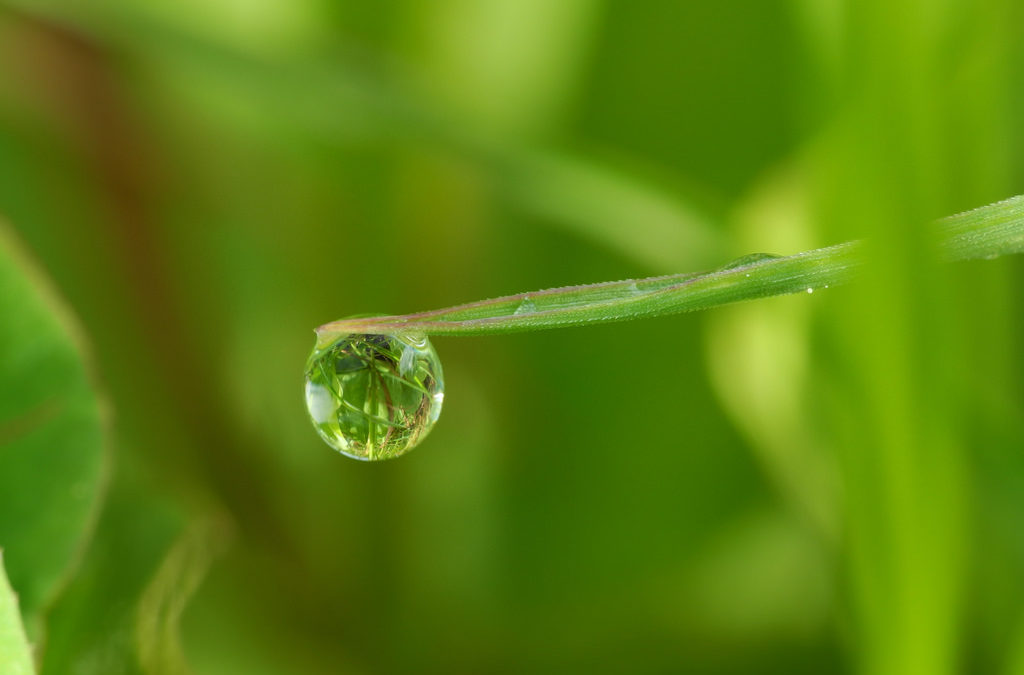
May 15, 2018 | Garden Care, Watering
Our current warm, sunny weather is the beginning of the dry season. Your plants will need water throughout the summer. Here are some tips on smart ways to water. Water slowly and deeply for healthy plants. The best practice is to water deeply and less often. Shallow,...
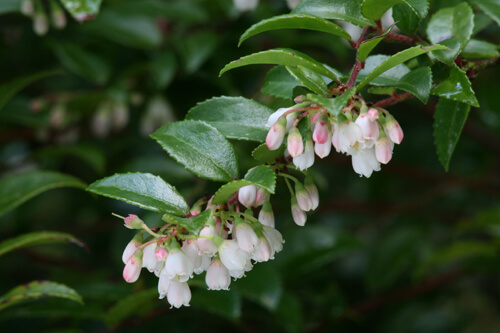
May 1, 2018 | Recommended Plants, Watering
May is a great time to add plants to your garden that will thrive in dry weather. Every week you will find big plant sales, and nurseries are stocking a wide range of plants. This week both the Master Gardeners of both King County and Snohomish County are having...
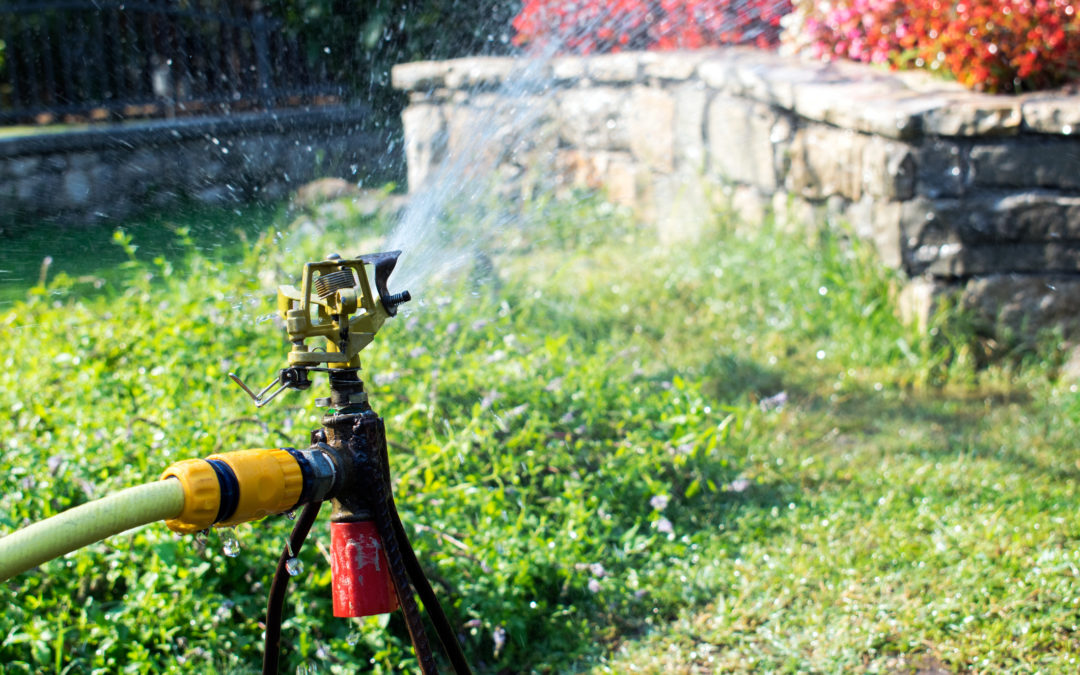
Apr 26, 2018 | Garden Care, Tree Care, Watering
The warm and sunny weather we have had this week is a precursor of the hot, dry summer we can expect ahead. In an average year, Seattle’s monthly rainfall is five or six inches in December and January but less than an inch in July and August. Watering your...
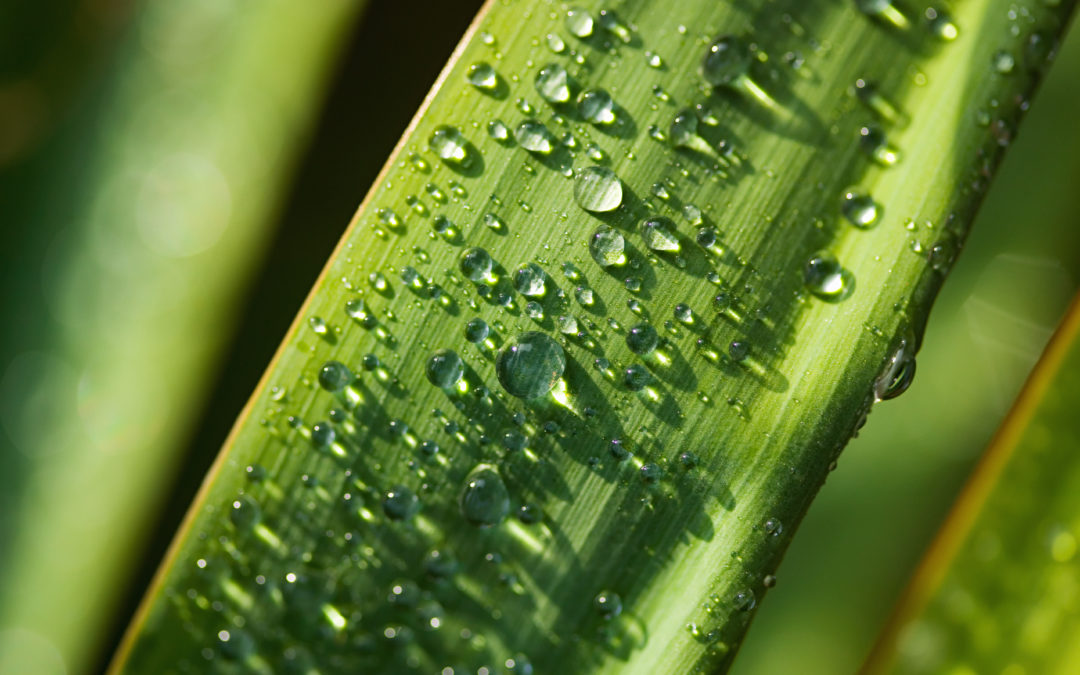
Apr 5, 2018 | Garden Care, Lawn Care, Tree Care, Watering
“Plants can’t survive without water.” I bet you won’t find anyone who will disagree with that statement. But many homeowners act as if it wasn’t true. They let their plants go for months during the dry summer season without giving them...
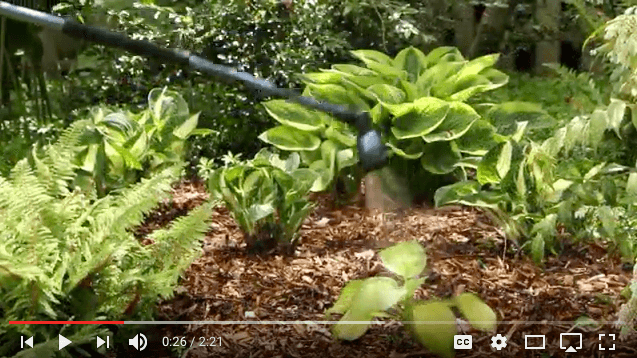
Jun 1, 2017 | Garden Care, Lawn Care, Video, Watering
It’s hard to believe after the wet winter we’ve had, but the weather is getting warmer and drier. Time to think about watering your lawn and garden. Our YouTube channel contains several videos with tips about how to water your lawn and garden. These tips...
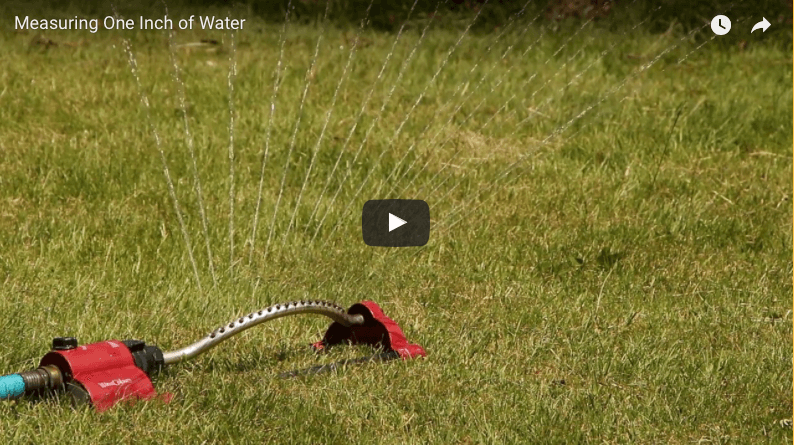
May 25, 2017 | Lawn Care, Video, Watering
Do you know how much water your sprinkler is putting on your lawn? This video has step-by-step instructions to measure your sprinkler output. We recommend watering your lawn one inch each week. If you let your lawn go dormant in the summer, we recommend watering one...
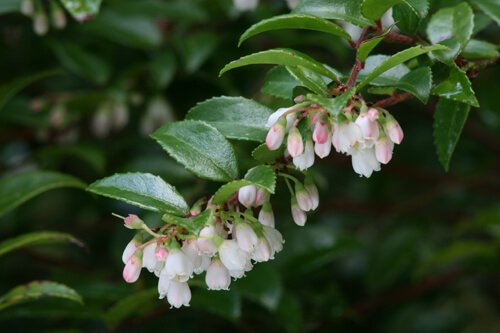
Apr 4, 2017 | Eco-friendly Gardening, Garden Care, Lawn Care, Recommended Plants, Watering
April is Earth Month. Each week this month we will feature a blog post about steps you can take to help protect our planet. This week’s feature is water quality. The steps you take in your yard and garden can have a big impact on how clean our lakes and streams...
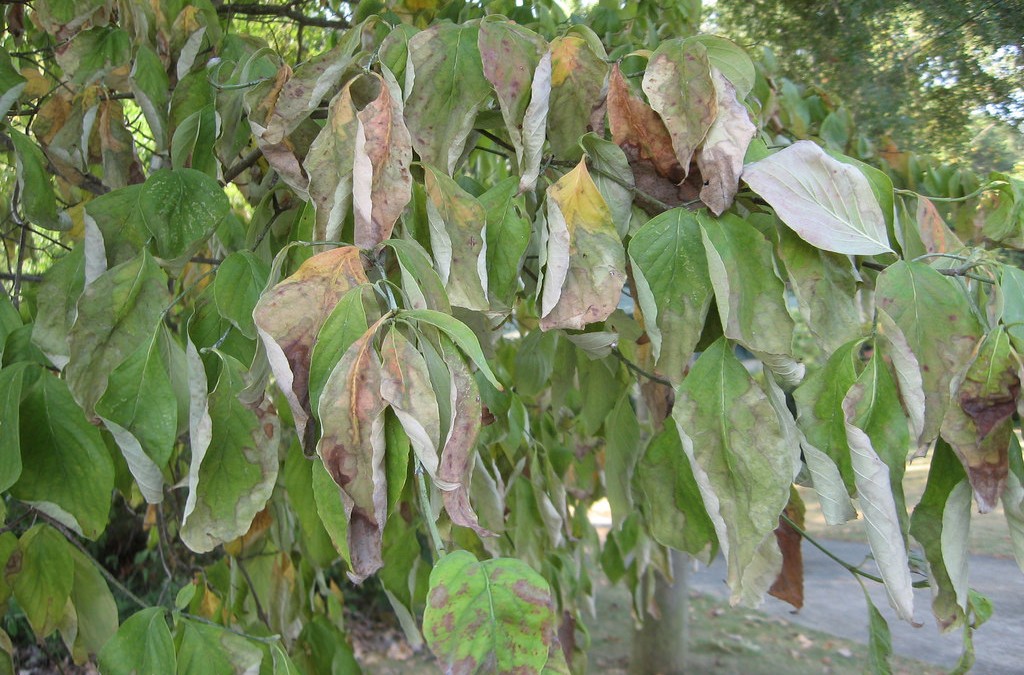
Aug 9, 2016 | Garden Care, Pest Control, Tree Care, Watering
Our mild climate allows us to grow many different types of plants. But they won’t thrive unless they get the moisture that they need to survive. Water is essential for the health of all plants. Sometimes we can be lulled into thinking that the occasional rain that we...
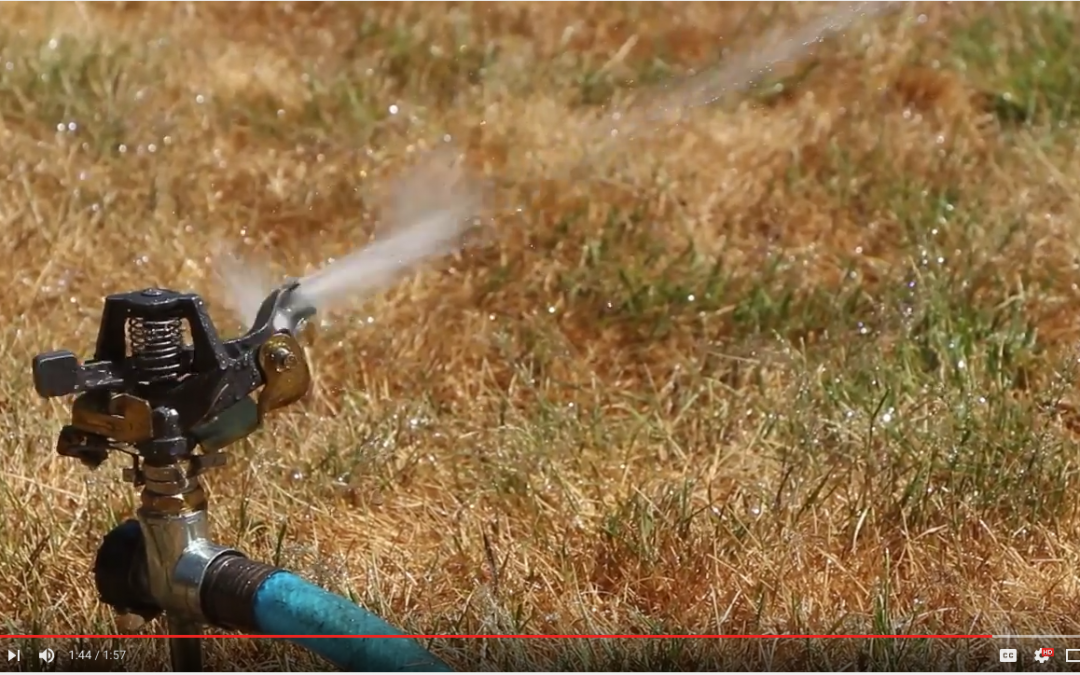
Jun 28, 2016 | Garden Care, Lawn Care, Video, Watering
Hose-end water timers can make watering your lawn and landscape easier and more efficient. In this video, In Harmony co-owner Ladd Smith shows and describes a few different options. Share this...
















